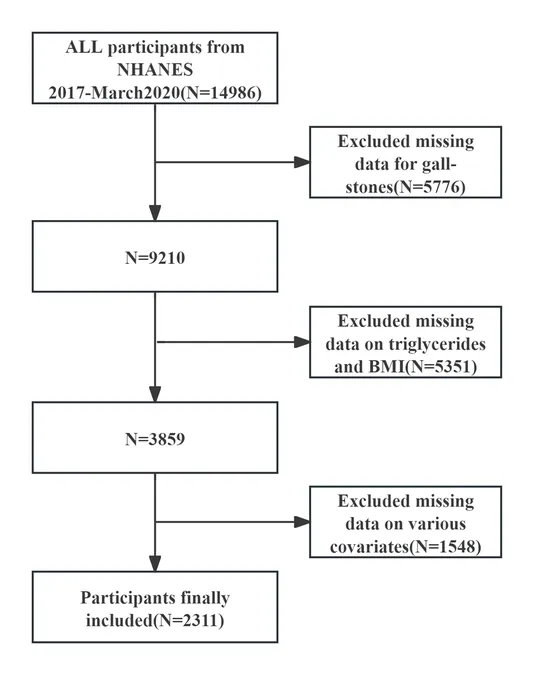
Rising Threat: Antibiotic-Resistant E. albertii Found in Bangladeshi Chicken Shops
2025-04-17
Author: Sarah
A Disturbing Discovery in Bangladesh's Chicken Market
Researchers from Osaka Metropolitan University have uncovered alarming levels of Escherichia albertii—a rising foodborne villain—in the chicken meat sold across Bangladesh. Published in the prestigious International Journal of Food Microbiology, this study raises serious concerns about public health.
The Hidden Hazard
E. albertii, a lesser-known cousin of the notorious E. coli, emerged on the scene in Bangladesh back in 2003. This pathogen is notorious for causing gastrointestinal issues, including severe diarrhea, vomiting, and fever. In Japan, it has been responsible for mass food poisoning incidents, leaving over a hundred individuals sickened at a time.
The Research Reality
Despite its potential dangers, E. albertii often slips under the radar of public health discussions. ATSushi Hinenoya, an associate professor at Osaka Metropolitan University and the study's lead author, emphasizes the mystery surrounding its transmission, particularly in developing nations. "While undercooked chicken is suspected as a transmission route, we still lack clarity on the sources and spread of E. albertii," he stated.
Shocking Contamination Rates Unveiled
In a proactive effort to track down this elusive pathogen, researchers sampled 17 poultry retail outlets in four districts (upazilas) of Bangladesh. Their investigation included chicken meat, internal organs, cloacal swabs, worker hand swabs, and processing tools to assess contamination and antibiotic resistance.
The results were disturbing: E. albertii contaminated 63.9% of chicken meat samples and 71.4% of cloacal swabs. Additionally, it was detected on human hands (45.5%), processing blades (10%), and bleeding cones (13.3%). This clear genetic linkage among samples from the same shop suggests troubling cross-contamination during food handling.
A Rising Resistance Crisis
Even more concerning, a staggering 94.4% of the E. albertii strains exhibited resistance to at least one antibiotic, with half of them showcasing multidrug resistance. They resisted critical medications such as tetracycline, ampicillin, gentamicin, kanamycin, nalidixic acid, and ciprofloxacin. Whole genome sequencing has confirmed these worrisome resistance genes and virulence factors, accentuating their potential harm.
Urgent Call to Action
Hinenoya stresses the critical need for enhanced hygiene practices within poultry processing, improved regulations on antibiotic use, and vigilant monitoring to fend off future foodborne outbreaks. The team aims to deepen their research by investigating human infections and comparing bacterial strains in both poultry and patients.
"Given the rapid global movement of food and people, combatting E. albertii demands international cooperation," he asserted. Their goal is to amplify molecular epidemiological studies and intervention strategies in Bangladesh to control this growing health threat.




 Brasil (PT)
Brasil (PT)
 Canada (EN)
Canada (EN)
 Chile (ES)
Chile (ES)
 Česko (CS)
Česko (CS)
 대한민국 (KO)
대한민국 (KO)
 España (ES)
España (ES)
 France (FR)
France (FR)
 Hong Kong (EN)
Hong Kong (EN)
 Italia (IT)
Italia (IT)
 日本 (JA)
日本 (JA)
 Magyarország (HU)
Magyarország (HU)
 Norge (NO)
Norge (NO)
 Polska (PL)
Polska (PL)
 Schweiz (DE)
Schweiz (DE)
 Singapore (EN)
Singapore (EN)
 Sverige (SV)
Sverige (SV)
 Suomi (FI)
Suomi (FI)
 Türkiye (TR)
Türkiye (TR)
 الإمارات العربية المتحدة (AR)
الإمارات العربية المتحدة (AR)